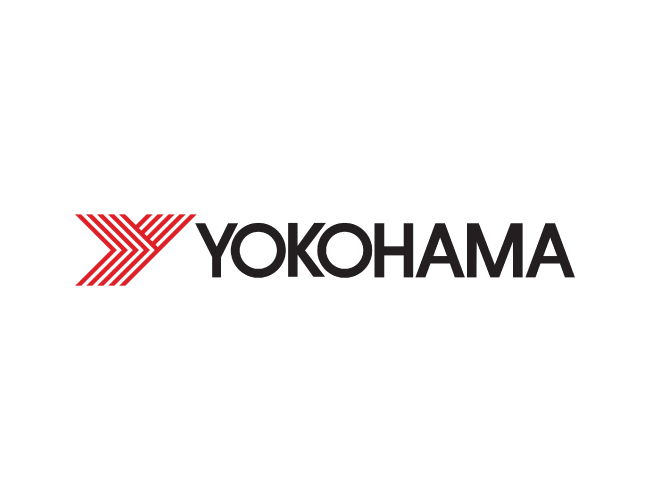HASAWA – Health and Safety at Work Act 1974
The Health and Safety at Work Act 1974 (HASAWA) is a piece of legislation in the United Kingdom that sets out the framework for health and safety regulations in workplaces.
Protect worker safety
Compliance with HASAWA prioritizes the safety and well-being of employees and anyone within the workplace. The purpose of the act is to ensure that everyone is working in a safe environment without any risks to their overall health and safety.
- Reduced risk
- Safer work environment
- Fewer accidents and injuries

Ensure legal protection
It is a legal requirement for workplaces in the UK to comply with HASAWA and conduct risk assessments to ensure safe working conditions, making any necessary changes ‘as far as reasonably practical.’ Compliance with the act helps employers avoid legal troubles, fines and penalties.
- Legal compliance
- Reduction in legal vulnerability
- Fine avoidance

Prioritize employee wellbeing
When employees see that their safety is a top priority, it can boost their morale and job satisfaction. Demonstrating that employers are committed to following the standards set by HASAWA in a consistent manner provides assurance to your employees that their health and safety is taken seriously.
- Improved employee morale
- Higher engagement
- Reduced absenteeism

Meeting the requirements of HASAWA
Ideagen has solutions that specialize in health and safety management, including compliance with regulations like the Health and Safety at Work Act 1974 in the UK. Here's how Ideagen can help organizations achieve compliance.

Meeting the requirements of HASAWA
HASAWA requirements |
Ideagen solutions |
|---|---|
| Track how you are meeting and managing all aspects of your HASAWA regulatory compliance. | Ideagen EHS provides a central platform for tracking and managing compliance with various regulations, including HASAWA. It helps organizations stay updated on changing regulations and ensures that they are meeting their legal obligations. |
| Conduct risk assessments as appropriate and have a process for managing this on an ongoing basis. | The solution assists in conducting risk assessments, identifying workplace hazards and evaluating risks associated with these hazards. This proactive approach helps organizations take necessary measures to mitigate risks and comply with safety regulations. |
| Have a defined process for reporting and managing incidents throughout the workplace. | Ideagen EHS allows for easy reporting and management of workplace incidents, accidents and near misses. It ensures that incidents are properly documented, investigated and reported to the relevant authorities when required by law. |
| Provide safety training to the relevant employees and keep a record of training certifications. | Ideagen WorkRite allows you to track employee training and certification records, ensuring that employees receive the necessary training to comply with safety regulations. It helps organizations keep a record of who has received specific training and when it was completed. |
| Establish a process for document management which keeps sensitive information secure. | Ideagen EHS provides a centralized repository for storing important safety documents, policies and procedures. This ensures that employees have access to the latest safety information and documentation required for compliance. |
| Undertake regular and through audits and inspections of your operations and demonstrate the results. | The platform supports the scheduling and management of safety audits and inspections. It helps organizations identify non-compliance issues and take corrective actions to address them. Ideagen Internal Audit connects everything and everyone in your audit universe. |
| Provide real-time reports and analytics into health and safety activities to ensure oversight. | Ideagen solutions offer real-time reporting and analytics tools that allow organizations to monitor safety performance, track compliance metrics and identify trends or areas that require improvement. |
HASAWA FAQs
Who does HASAWA apply to?
It applies to all employers, employees, self-employed individuals, contractors and anyone who may be affected by workplace activities.
What is the main purpose of the act?
The main purpose is to ensure the health, safety and well-being of employees and others who may be affected by workplace activities. It places a legal duty on employers to provide a safe working environment.
What is the duty of care under the HASAWA 1974 act?
Employers have a legal duty to take all reasonably practicable measures to ensure the health, safety and welfare of their employees while at work.
What are the key responsibilities of employers under the act?
Employers are responsible for conducting risk assessments, providing training, ensuring equipment safety, protecting employee health and reporting accidents and incidents, among other duties.
What is a risk assessment and why is it important?
A risk assessment is the process of identifying potential hazards in the workplace and assessing the risks associated with them. It's important because it helps employers take measures to prevent accidents and injuries.
What are the penalties for non-compliance with the act?
Penalties for non-compliance can include fines, imprisonment for severe breaches and legal action against employers who fail to meet their obligations.
Is there a government agency responsible for enforcing the act?
Yes, the Health and Safety Executive (HSE) is the government agency responsible for enforcing health and safety laws in the UK. They conduct inspections, investigate accidents and provide guidance on compliance.
Are there specific regulations or guidelines related to certain industries or hazards?
Yes, there are various regulations and guidelines that supplement the HASAWA 1974 act. These cover specific industries, activities and hazards to provide detailed safety requirements.
Can employees refuse to work in unsafe conditions under the act?
Yes, employees have the right to refuse to work in conditions they reasonably believe to be unsafe without facing retaliation from their employer.









